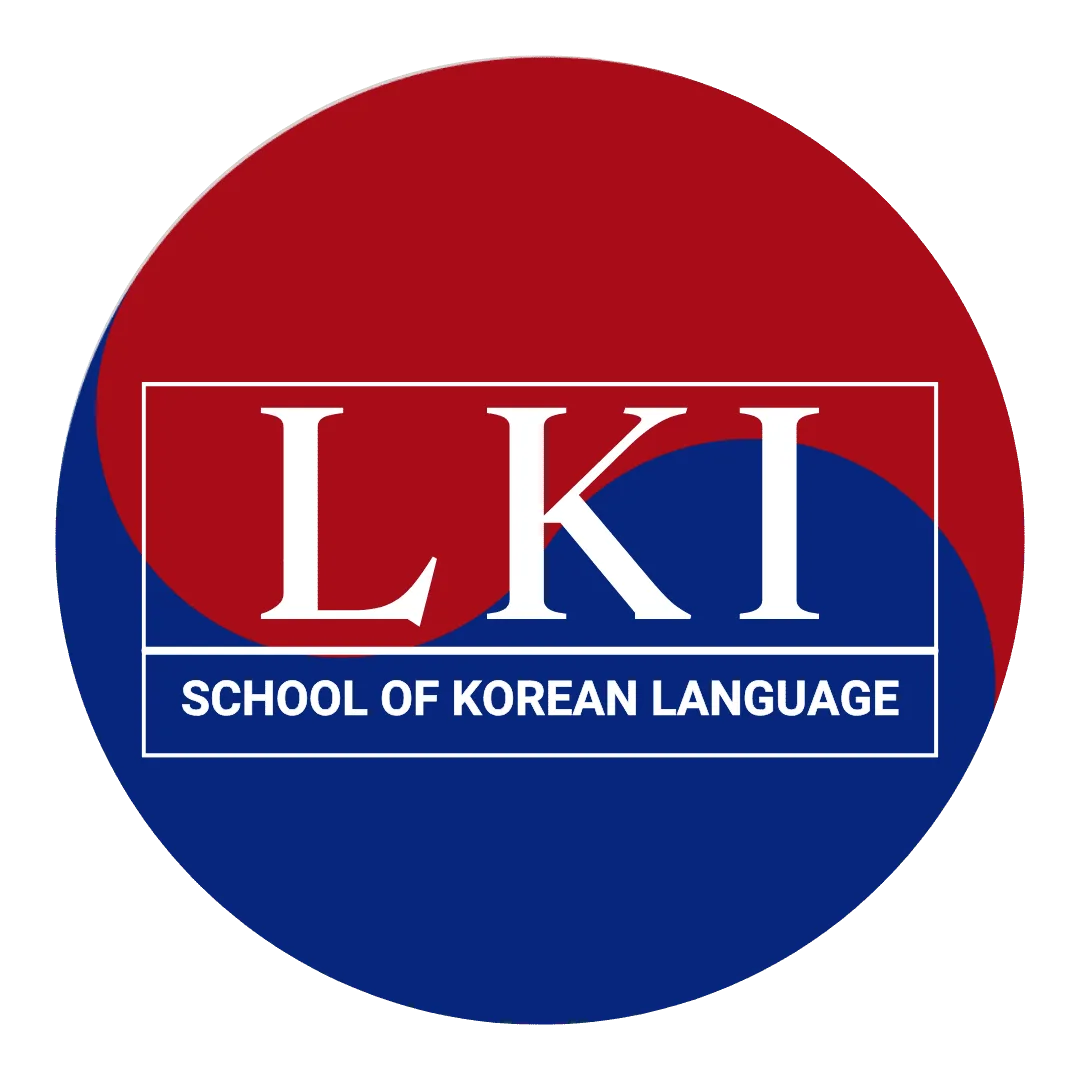Awarded with the Nobel Prize In Literature, 2024 on 10 December, poet-novelist Han Kang became the very first South Korean writer and Asian woman to achieve this feat. Awarded “for her intense poetic prose that confronts historical traumas and exposes the fragility of human life”, her works capture the violence and love that follows the human condition.
세계는 왜 이토록 폭력적이고 고통스러운가?
Why is the world so violent and painful?
동시에 세계는 어떻게 이렇게 아름다운가?
And yet how can the world be this beautiful?
These lines, though written in 2021, capture the basic essence that invigorates her writing.
Dealing with heavy themes of massacres, bloodshed, and all forms of violence imaginable and simultaneously weaving tales of hope, love and affection, she presents the true dichotomy of the human condition.

EARLY LIFE
Han Kang, born in 1970 in Gwangju, South Korea, left the city for Seoul when she and her family moved just four months before the brutal Gwangju Uprising, which claimed the lives of several souls. She flourished in a literary background, her father being a teacher and later, a novelist. Always surrounded by books, she found her safe haven in the ink-blotted pages of others and even her own creation as she began writing as early as eight years old. She studied Korean language and literature at Yonsei University in Seoul, graduating in 1993.
HER PROMINENT WORKS
Her career started in 1993 with the publication of a collection of poems in the magazine 문학과사회 (“Literature and Society”). She began writing prose the next year by winning the 1994 Seoul Shinmun Spring Literary Contest with “Red Anchor”. Her official prose debut came in 1995 with the short story collection 여수의 사랑 (“Love of Yeosu”), followed soon afterwards by several other prose works, both novels and short stories. Her first novel 검은 사슴 (The Black Deer) was published later in 1998.
In her telephone conversation with Jenny Ryden from the Swedish Academy, she recommends some of her works to readers worldwide who are unaware still of her literary output.
She foremost suggests her latest novel “We Do Not Part” (작별하지 않는다). This text published in Korea in 2021 deals with the brutal massacre that took place on the South Korean Jeju island in the late 1940s. This novel depicts the profound and enduring friendship between the narrator and Inseon, both of whom grapple with the trauma of a past tragedy that affected their families. The story explores their shared journey of remembrance, as they strive to uncover the truth about a disaster that has been largely forgotten by society. Han Kang masterfully uses vivid and concise imagery to illustrate how the past continues to haunt the present. The text presents her views on questions like
과거가 현재를 도울 수 있는가?
“Can the past help the present?
죽은 자가 산 자를 구할 수 있는가?
Can the dead save the living?”

Often correlated is her work “Human Acts” (소년이 온다). Published In 2014, the text explores the Gwangju massacre of the 1980s this time, where hundreds of unarmed citizens and students were killed by the South Korean military. The novel employs a multi-perspective narrative, weaving together the stories of various characters affected by the events. In the struggle to uncover the truth about the brutal massacre, the story weaves a tale of grief, horror, trauma and the power of memory.
Expressing her text “The White Book” (흰) to be very personal, her 2016 novel exemplifies her poetic style of writing in an elegy to her sister who died after two hours of being born. Written more like a secular prayer book, the novel contains short notes, all surrounding white objects, the colour often represents fragility, innocence, a search for meaning and most poignantly loss and absence.
Often considered as the magnum opus of her oeuvre, her novel “The Vegetarian” (채식주의자), published in 2007 went on to receive The International Man Booker Prize in 2016. The tale revolves around Yeong-Hye, a seemingly ordinary housewife who suddenly decides to become a vegetarian after experiencing a series of disturbing nightmares. This simple act of defiance sets off a chain of events that alienates her from her husband, family, and society. Presenting her journey as a physical and psychological transformation illuminating the power of the subconscious, the text sheds light on the limits of human understanding and the human willpower to fight against social norms that oppress and confine.
Her other famous works include (내 여자의 열매) “My Woman's Fruits” (2000), (바람이 분다, 가라) “The Wind Blows, Go” (2010), and (희랍어 시간) “Greek Lessons” (2011). These writings delve into the complexities of the human existence, of memory that accompanies trauma and a search for identity, be it national, gender or of the self in an ever-changing world.

Her writings dealing with major themes of human-inflicted wanton violence and contrasted by emotional elements of hope, love and togetherness gain immense relevance in modern times. The present world inflicted with major wars and other forms of violence like immigration, results in a constant search for home and belongingness providing ample significance to her writings.
Her decision not to celebrate her win in the midst of unending violence stands as a representation of her authenticity and the messages she wishes to convey.
Her following lines indeed present the essence of her writings,

